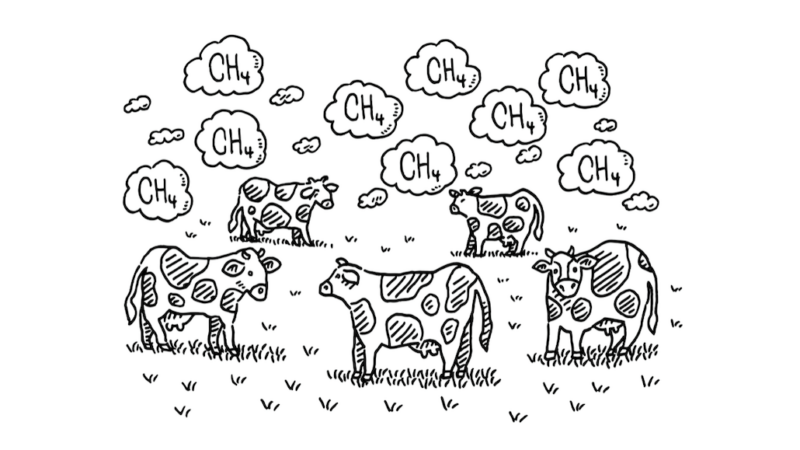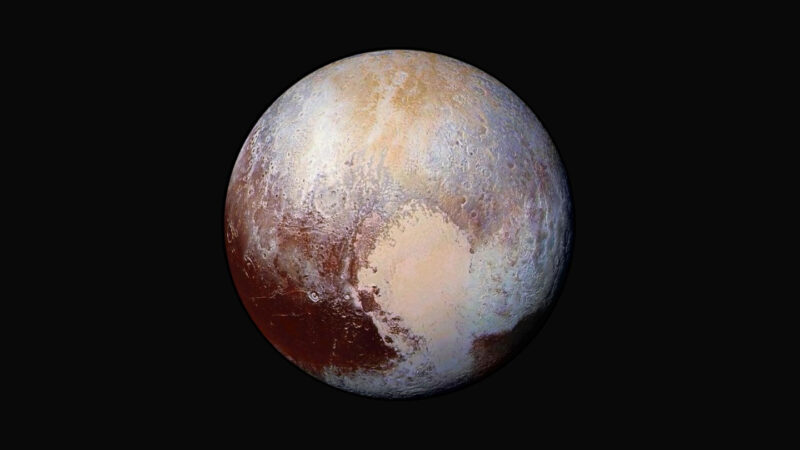Methane (noun, “MEH-thayn”)
Methane is an invisible, odorless gas. Each of its molecules consists of one carbon atom and four hydrogen atoms. So its chemical name is CH4. Molecules made only of hydrogen and carbon atoms are called hydrocarbons. Methane is the simplest of these.
Only trace amounts of methane exist in Earth’s atmosphere. But this gas plays a big role in controlling Earth’s climate. That’s because methane is a greenhouse gas. In the atmosphere, greenhouse gases work like a blanket. They trap heat from the sun near Earth’s surface and warm our climate.
Some natural processes release methane into the atmosphere. Many bacteria — especially those that live without oxygen — naturally produce methane. These bacteria live in swamps, landfills and even animals’ intestines. They release methane when they break down organic matter.
But human activity releases more methane into the atmosphere than these natural processes. For instance, natural gas, a fossil fuel, is made mostly of methane. Like other fossil fuels, natural gas is found in certain locations underground. And like other fossil fuels, natural gas is a common household energy source. Many people rely on the methane in natural gas every day to cook their food and heat their homes. But burning this gas for energy means some will likely also leak into the air.
Agriculture is another source of methane. Scientists estimate that dairy and pig farms make up about one-third of the methane emissions linked to human activities. That’s because bacteria living in the guts of these animals make methane gas when they break down food. Cows, for example, release a lot of methane in their burps. Rotting manure also releases methane.
Our atmosphere is only about 0.00017 percent methane. But even so, scientists estimate methane accounts for about 30 percent of the climate’s warming since the Industrial Revolution. That makes methane the second-largest contributor to climate change — second only to carbon dioxide.
In a sentence
Bacteria residing in the guts of cows generate a lot of climate-warming methane gas.





